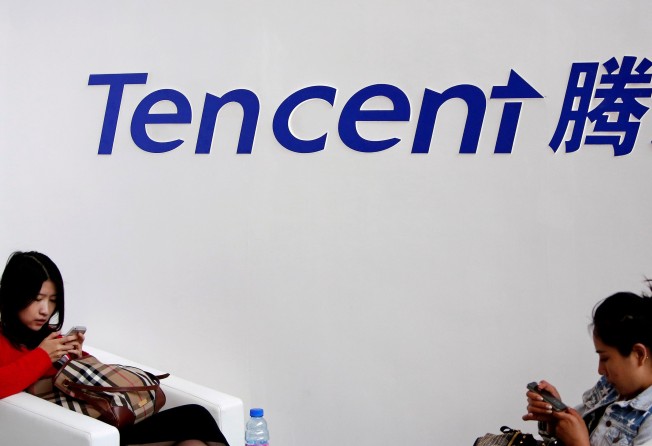Hang Seng Index falls most in two weeks on scepticism over magnitude of new relief package
- The city’s benchmark drops even after the government rolled out HK$2 billion package to revive tourism and logistic sectors
- New listing Snack Empire takes a wild trip in debut, finishing lower at the close after the stock had almost tripled in intraday trading

Hong Kong’s stocks dropped by the most in two weeks on angst that a HK$2 billion (US$254 million) relief package would do little to revive growth at the former British colony that has been roiled by anti-government protests.
The Hang Seng sank 0.8 per cent, or 219.47 points, to 26,566.73 at the close on Wednesday, its worst performance since October 4. The mainland’s Shanghai Composite Index also fell, retreating 0.4 per cent to 2,941.62.
While the Hong Kong government on Tuesday night unveiled the relief measures aimed to resurrect the tourism and logistic industries that have borne the brunt of the political unrest, investors including Alan Li at Atta Capital were not pleased, saying other factors like the China-US trade conflict would continue to weigh on the economy. The latest economic aid followed a package of HK$1.4 billion in October and one worth HK$19.1 billion in August.
“The trade war and (expected US) rate cut are still the main concerns of the market,” said Li, a portfolio manager at Atta Capital. “Both have no significant updates until the end of November. The market has no clear direction.” But sentiment is “slightly positive,” enough so that people are still looking for single stock opportunities rather than sitting out entirely, he added.
A report from the Financial Times that Beijing was planning to replace Chief Executive Carrie Lam Cheng Yuet-ngor also failed to boost sentiment.
The decline on Hong Kong’s market was broad-based, with all but five companies in the 50-constituent Hang Seng Index finishing the day lower.
Chinese social media giant Tencent Holdings shed 2.3 per cent to HK$320, contributing to about a quarter of the loss on the Hang Seng gauge. The company began to live-stream games of the National Basketball Association, which were still boycotted by China’s state television because of the league’s stance on the protest in Hong Kong.
Still, the stock may find support at the level of around HK$318, where a rebound immediately occurred after the shares fell close to that level on three previous occasions this year.
Snack Empire Holdings, a Singapore-based catering service company, dropped 6.2 per cent from its initial public offering price to 61 Hong Kong cents on the first day of trading. It had jumped 188 per cent in intraday trading before the exodus of speculators.
In the mainland, Jinzi Ham, a maker of Chinese traditional salted and preserved ham, tumbled 9.2 per cent to 6.40 yuan after being questioned by the Shenzhen Stock Exchange over the motivation of its insider selling plan. The bourse asked the company to elaborate more on whether the earlier information disclosure of selling faux meat was connected to the stake reduction. Jinzi Ham’s controller and concerted parties plan to sell a 5.1 per cent combined stake in the company, according to an exchange statement.
Tianqi Lithium, a refiner of the metal used for electric vehicles’ batteries, dropped 3.3 per cent to 25.02 yuan. The company posted a loss of 53.9 million yuan in the third quarter, it said in an exchange filing. Tianqi Lithium also forecast a decline of as much as 96 per cent in full-year profit, citing increased financial costs incurred from acquisitions and falling lithium prices, according to the statement. Major industry rival Ganfeng Lithium slid 3.4 per cent to 21.42 yuan.
Additional reporting by Deb Price